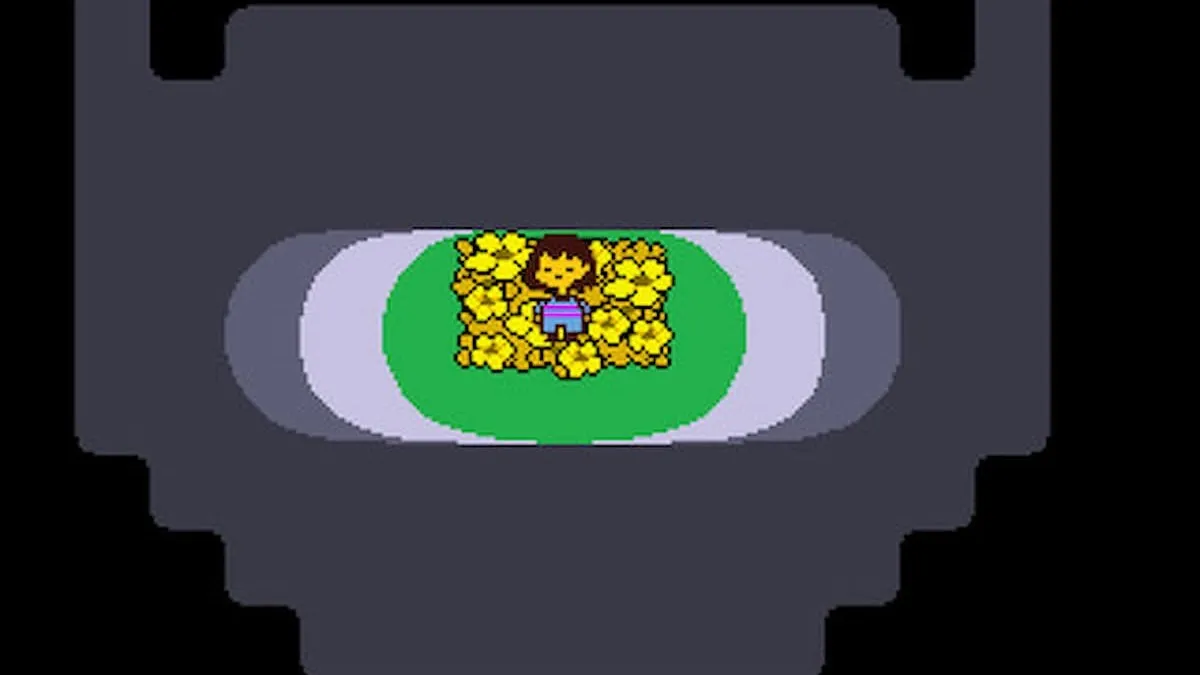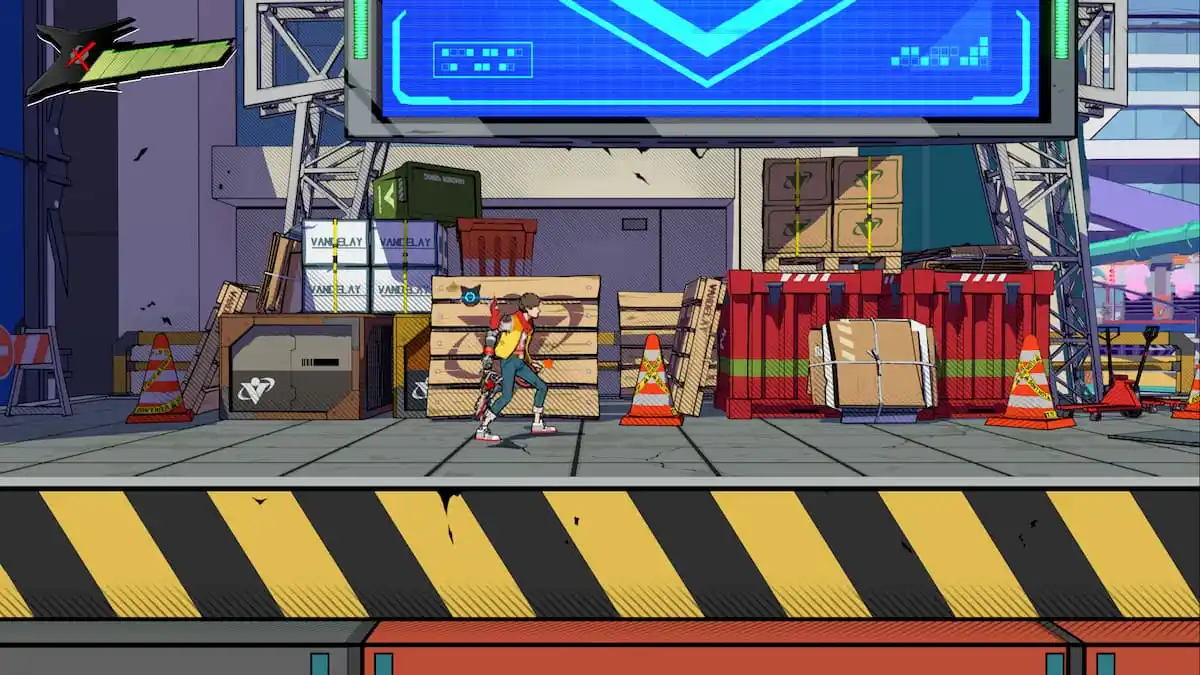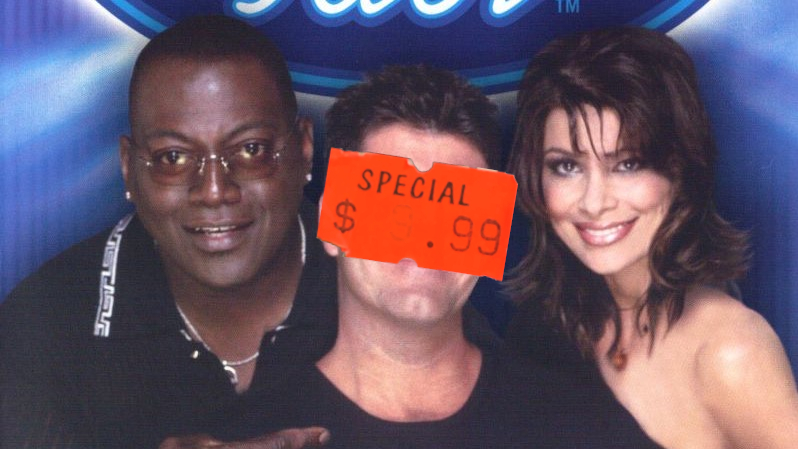Reflections on 20 years of the Mana franchise
We’ve posted quite a bit about Hiroki Kikuta’s repolished Secret of Mana soundtrack released a couple months back. After seeing the album’s artwork and hearing the nostalgic samples on the album’s website, I was sold and wrote a favorable review in Note Worthy 006.
Fortunately, I’ve been able to spend some time with composer Hiroki Kikuta, not only to discuss this album and its straightforward “upgrade” approach, but also to have him reflect on 20 years of the Seiken Densetsu franchise — Seiken Densetsu 2 (Secret of Mana) in particular, given the focus of this album.
As usual, Kikuta proves himself to be a very thoughtful creator, delving into his thoughts and inspirations for writing music as well as script writing and producing, which he did for a time as the founder of his own game company many years ago. That story is for another time, but please enjoy what he has to say about Secret of Mana and let us know what you think of the album.
On 20 years of Seiken Densetsu and his role on Secret of Mana
“Seiken Densetsu 2 is a very memorable title for me. Not only was it my first job as a videogame music composer, but it was also a difficult job with which I spent two long years in the production process. At the time, game music was divided into two large groups: consumer (console) games and arcade game. The sound module in consumer hardware, represented by the SNES, was thought to be inferior and that good music could not be made using such a module. I was ambitious to show them that that was not the case, and that even if the module had lower performance capabilities, it could still generate beautiful music.
Fortunately, former-Square had a rule at the time that mandated the allocation of only one composer to one title. So there wasn’t someone there telling me what to do in terms of creating music, and I was free to take on a challenge to do something new. For a composer like me who loves making new creations, this was a great environment. At the same time, the magical atmosphere of the world of Seiken Densetsu had given me a wonderful inspiration in my heart, which also empowered me to produce good music.”

On the success of Secret of Mana and its impact on his career
“Whether it’s music or script writing or designing a game system, I work hard and strive to put out my best work. When I created the music of Seiken Densetsu 2, I aimed for the best videogame music that could be produced using the eight sounds on the SNES. With Seiken Densetsu 3, the best videogame music with six sounds on the SNES. With Soukaigi (released only in Japan), the best videogame music using studio-recorded band sounds.
I am proud to say that I was able to achieve that with each title. The way of my life as a creator is to aim for the best in whatever category of the job and work hard for it, achieve what I intended for the job, and then move onto another new and interesting category. In that regard, I’m not interested in working on pieces that I had already completed, but with this CD, it was one of those rare instances in which I deliberately challenged my past self.”

On his approach to Secret of Mana Genesis
“I am a bit hesitant to call the music on this CD “arrangement” tracks, because the MIDI (the digital music) data used here is exactly the same as what was used in the development of Seiken Densetsu 2 20 years ago. In other words, if we were to put this down on sheet music, the songs on this CD would have the same notation as the original score from 20 years ago, with no changes applied to them.
There are eight sounds produced simultaneously, and the snare and kick drums alternate in making sounds. If I did add anything, they were just ghost notes (a note that has a rhythmic value but no discernible pitch) on the bass, which is still within the range of not changing the original notes on the score. However, if you think that the score sounds the same as the original, then that is not the case at all. That is because I have replaced every one of the sound source (instruments) and redid the effects and balance adjustments.
It’s a bit difficult to explain what the intent was in doing so. But if you could imagine this: Have you ever listened to a song during your childhood and been moved by it, and as you recalled that music in your mind throughout your life, that song became more and more beautiful to the point of becoming something much different than the original piece? Actually, the same thing happens in the hearts of fans that love this videogame music. The people who had played Seiken Densetsu 2 in their childhood remember the beautified version of the score. Different emotions and real-life incidents in their childhood are projected onto the score, and it becomes something more dazzling than the original.
For this CD, I thought about creating ‘Music of Seiken Densetsu 2 that was beautified through one’s memories.’ I wished for the listeners to be able to go back 20 years to see their childhood self by way of listening to the sparkly music as they remember it in their minds. If you want to know if this wish came true, I think it’s pretty clear in the tweets of the fans on Twitter.”
On the final dungeon theme, “Leave Time for Love”
“I am not fond of excessively cool music being used all the time in games that place a heavy emphasis on the script and the emotional expressions — in other words, an RPG and the like. In an RPG, the player would grow or level up their character by battling enemies, but a battle usually entails both positive and negative elements. I think it is imperative to depict the two sides, especially in a game that children play.
Within the drama of Seiken Densetsu 2, the journey that led to the final boss was also a predetermined journey to a certain ‘loss.’ In order to save the world, the hero had to lose something that they loved. In that final trail, when I tried to express the fear of ‘the moment when it all ends’ and ‘the thoughts towards a loved one’ simultaneously, that’s when that melody came out of me.”
On Kikuta’s favorite track, the game’s boss battle theme, “Danger”
“Picking a track that is most meaningful for me is like having to choose my favorite child. I had put in a lot of time and labor, and I raised it with great care before I released it to the world as a finished piece.
That being said, if I had to choose one song on this CD, I would have to choose “Danger.” This track is packed with elements that best show what is characteristic of the music of Seiken Densetsu 2. It’s shocking, dramatic, and shakes up your emotions. Even among the fans, this is the song that they will recall first. If I didn’t polish this song with great care and produce a track that is just as dazzling as, if not more than, the memories of the fans, I would’ve considered this CD to be a failure.
I had put in a lot of time and work — it actually took me an entire week just to pick the right tone for the snare drum — and I am proud to say that it became a wonderful piece well worth all of the efforts put into it.”





Published: Oct 12, 2012 04:00 pm